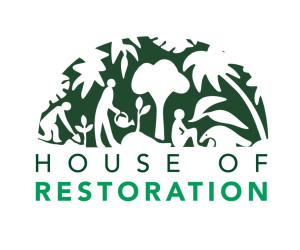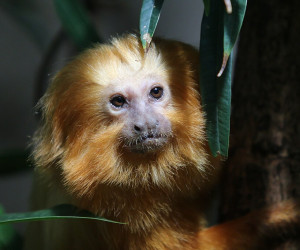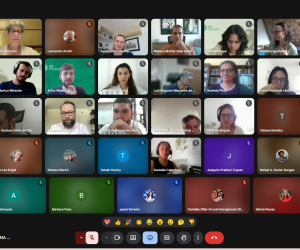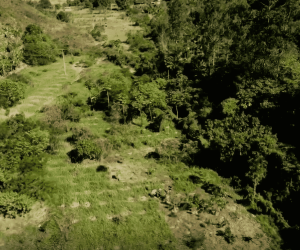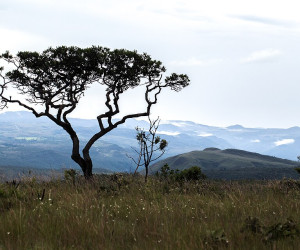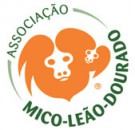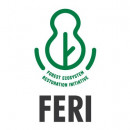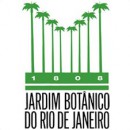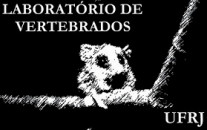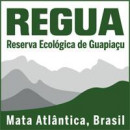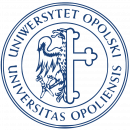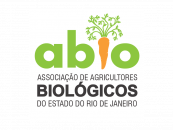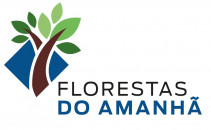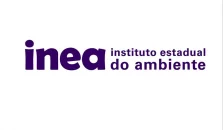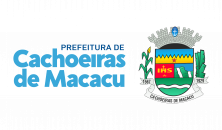Ecosystem restoration
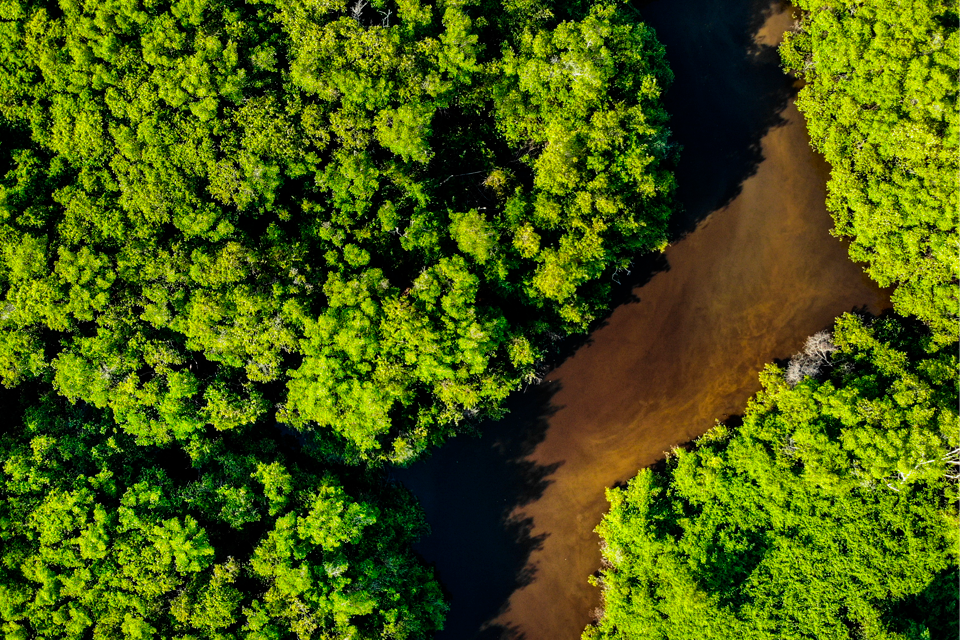
Ecosystem restoration is vital to reduce or reverse the impacts caused by humans to the environment,
since it can generate several benefits such as mitigating climate change, conserving biodiversity, providing ecosystem services and improving society's quality of life. Ecosystem restoration is an area of inter and transdisciplinary research, involving theoretical and practical parts, and has grown exponentially in recent years.
In our restoration projects, we seek to quantify the results and drastically reduce costs by taking advantage of the natural regeneration´s potential. However, the benefits of restoration tend to vary in relation to time and space, and so that this variation can be described spatially, we have adopted “systematic planning” methods, which minimize conflicts / costs and maximize the benefits derived from the restoration of ecosystems.
In this agenda, we have subsidized different actors and decision makers, such as the Ministry of the Environment, which commissioned the identification and mapping of priority and cost-effective areas for the native vegetation´s recovery. In response to this demand, and with the collaboration of national and international partners, we have developed an innovative algorithm, which allows the identification of priority areas for restoration, making the proposed solutions perform significantly better - at least 30% - compared to other optimization tools, making this algorithm an extremely attractive tool in decision making. Currently, the algorithm is internationally recognized, and IIS has supported the United Nations Convention on Biological Diversity in this discussion, hosting the thematic consultation on ecosystem restoration for the definition of post-Aichi goals, and identifying priority areas for restoration in global scale considering all native ecosystems.
Related Content
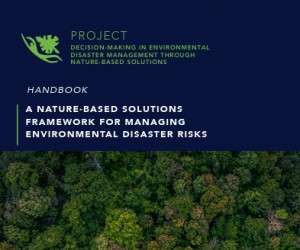
Guide on the application of Nature-based Solutions (NbS) in the management of environmental disaster risks
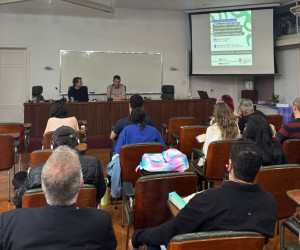
16.10.25
In Brazil–Germany collaboration, IIS promotes event on ecological restoration and climate resilience
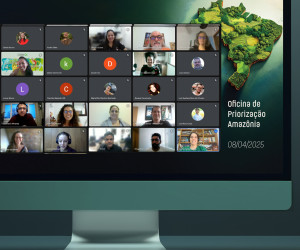
28.08.25
Amazon Experts Validate Priority Areas for Biome Restoration in IIS Project
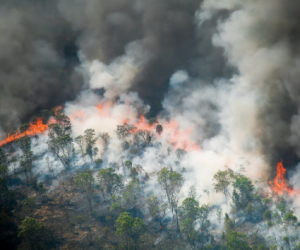
Fire Risk Modeling for Large-Scale Restoration Initiatives in Brazil
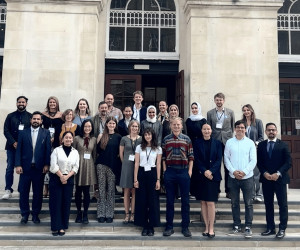
03.07.25
IIS delivers talk on behavioural sciences applied to conservation at the Behavioural Transformations 2025 conference in London
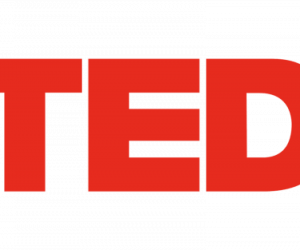
10.06.25
Bernardo Strassburg Talks About How We Can Restore One Million Hectares of Degraded Land
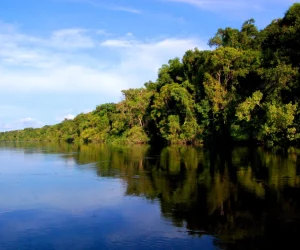
Assisted Natural Regeneration Expansion in Brazilian Ecosystems

Data and Criteria review for Prioritizing Areas of the Pará State PSA Program
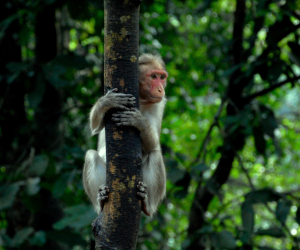
Metrics for Net Biodiversity Gain in Terrestrial Ecosystems

Addressing the urgent climate and biodiversity crisis through strategic ecosystem restoration in Brazil

Planning for the Restoration of Functional Connectivity in Brazil

31.01.25
IIS is recognized in the lessons learned from the Native Vegetation Recovery Plan of Pará
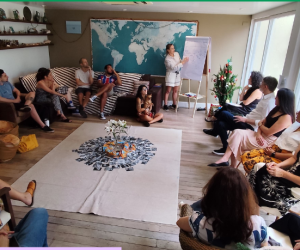
07.01.25
IIS completes 15 years of history, impact and achievements!
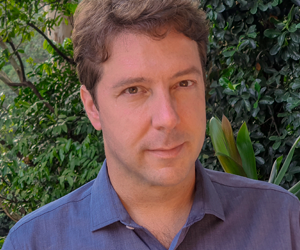
07.01.25
For the third consecutive year, Bernardo Strassburg is elected one of the most influential researchers in the world
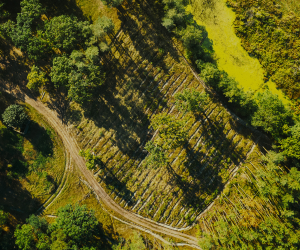
Priority Areas for Native Vegetation Restoration in Brazil
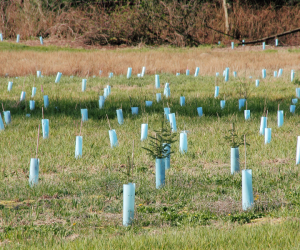
What are Nature-Based Solutions (NbS) and what are their benefits?
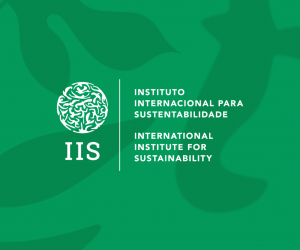
New Brand Positioning and Blog Launch
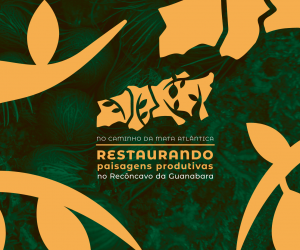
The Atlantic Forest Trail: Restoring Productive Landscapes in the Guanabara Reconcave
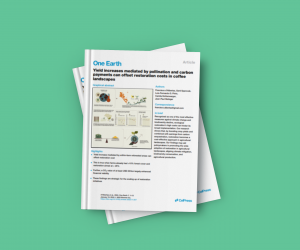
Yield increases mediated by pollination and carbon payments can offset restoration costs in coffee landscapes
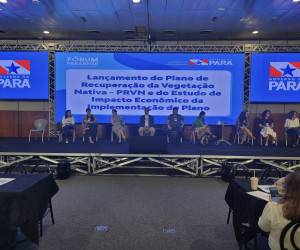
21.12.23
Now it’s law: Pará must restore vegetation on 5.6 million hectares
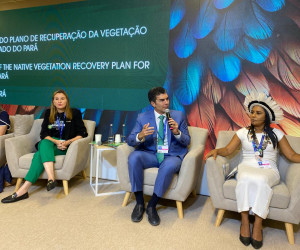
20.12.23
During COP 28, Pará launches a plan co-led by IIS to restore the Amazon
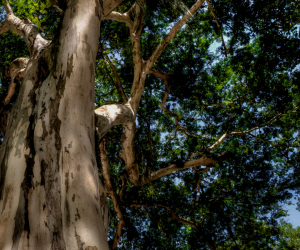
20.12.23
How do the conservation and restoration of ecosystems contribute to the climate agenda?

20.12.23
What are NbS and what are their contributions to mitigation and adaptation in the face of climate change?
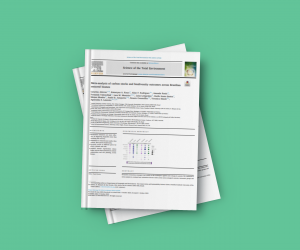
Meta-analysis of carbon stocks and biodiversity outcomes across Brazilian restored biomes
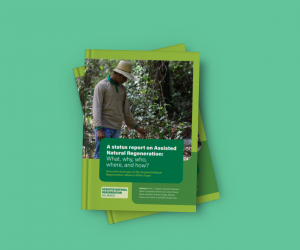
A status report on Assisted Natural Regeneration: What, why, who, where, and how?
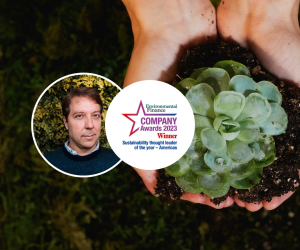
20.09.23
Bernardo Strassburg, president of IIS, has been elected as the “Sustainability Leader of the Year for 2023”
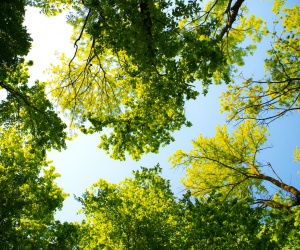
Framework to guide the mitigation of environmental disasters through Nature-based Solutions
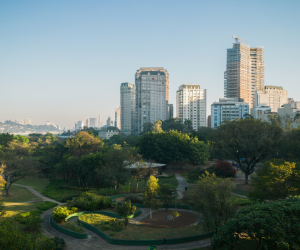
15.09.23
IIS is one of the winners of the “Biodiversity and Ecosystem Services Scenario Modelling Challenge”
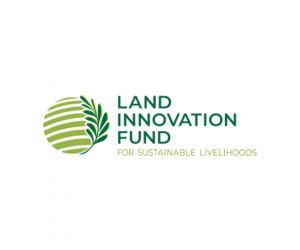
09.08.23
ACHIEVING AGRICULTURAL SUSTAINABILITY IN MATOPIBA

Executive summary: Mental maps of rural producers on land use change in MATOPIBA

13.04.23
Video: PLANGEA Web International Launch
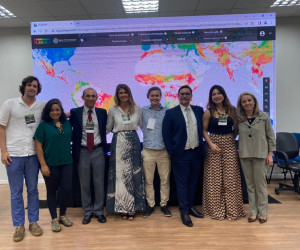
13.03.23
IIS launches online platform with priority areas for ecosystems conservation and restoration around the world
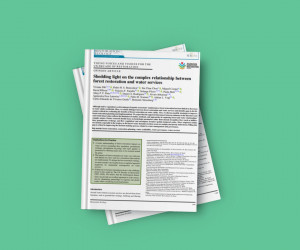
Shedding light on the complex relationship between forest restoration and water services
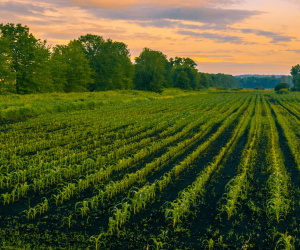
Carbon Market for small and medium-sized Brazilian rural properties
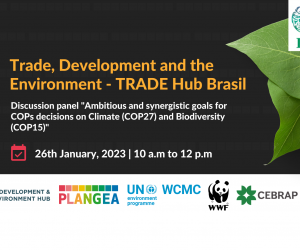
17.01.23
Video: discussion panel “Ambitious and synergistic goals for COPs decisions on Climate (COP27) and Biodiversity (COP15)”
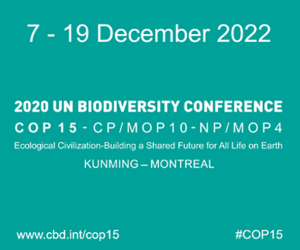
06.01.23
IIS contributes to different targets of the Post-2020 Global Biodiversity Framework (Post-2020 GBF)

27.10.22
Wildlife populations face fast decline in Latin America
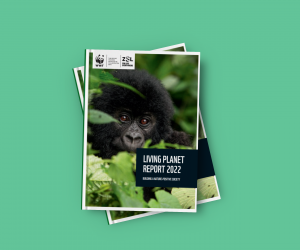
Living Planet Report 2022: building a nature-positive society
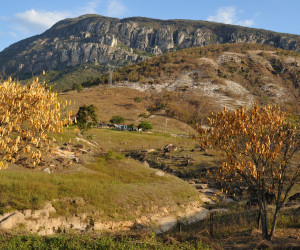
Assessment of species conservation status and spatial priorities for conservation and restoration in the Rio Doce basin

IIS-re.green partnership to restore at least 1 million hectares of forests

SPACES: spatial intelligence for climate and nature
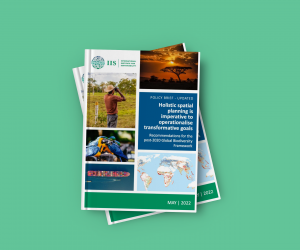
Holistic spatial planning is imperative to operationalise transformative goals: recommendations for the post-2020 Global Biodiversity Framework
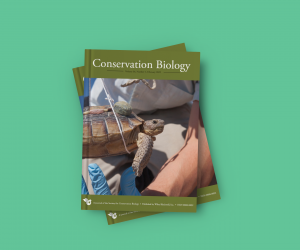
Predicting landscape-scale biodiversity recovery by natural tropical forest regrowth
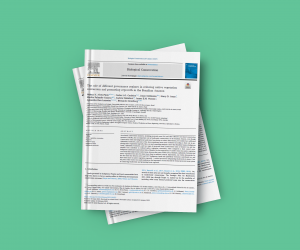
The role of different governance regimes in reducing native vegetation conversion and promoting regrowth in the Brazilian Amazon

15.02.22
Identifying Priority Areas for Restoration: Amazon Biome

Identifying Priority Areas for Restoration: Amazon Biome
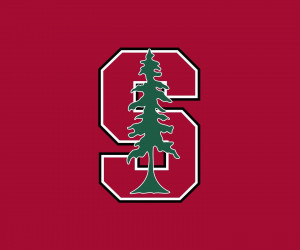
04.02.22
Bernardo Strassburg, Executive Director of IIS, listed as one of the best scientists in the world by Stanford University and Elsevier
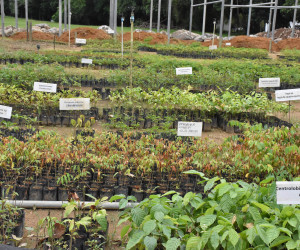
On the Atlantic Forest trail: restoring landscapes and strengthening local production chains in the Central Fluminense Mosaic
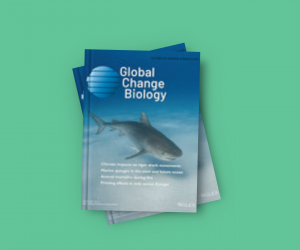
How do we best synergize climate mitigation actions to co-benefit biodiversity?
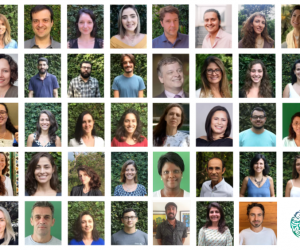
21.12.21
What have we learned in 2021? – IIS Retrospective
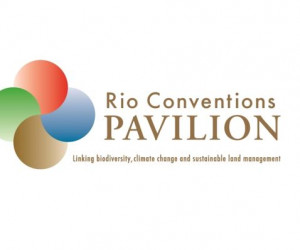
19.11.21
IIS at COP26
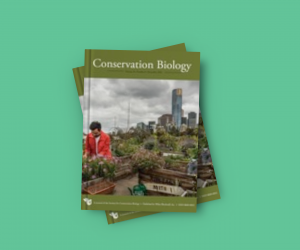
Predicting landscape-scale biodiversity recovery by natural tropical forest regrowth
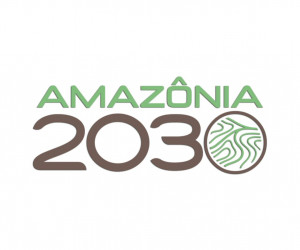
Amazon 2030
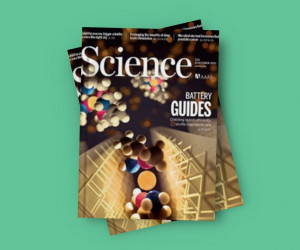
A Decade for restoring Earth
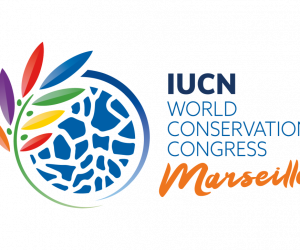
09.09.21
IIS at the IUCN World Conservation Congress
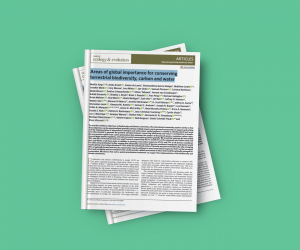
Areas of global importance for conserving terrestrial biodiversity, carbon and water
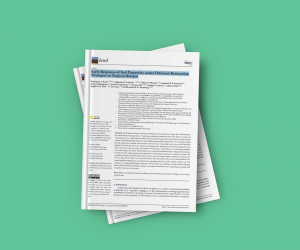
Early Response of Soil Properties under Different Restoration Strategies in Tropical Hotspot
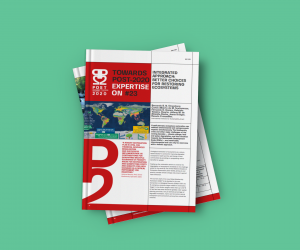
Expertise on #23 – Integrated approach: better choices for restoring ecosystems
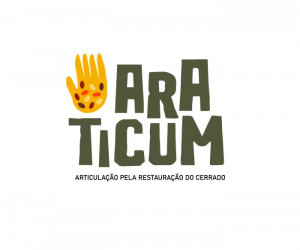
29.05.21
IIS is member of the Articulation for the Restoration of Cerrado (Araticum)
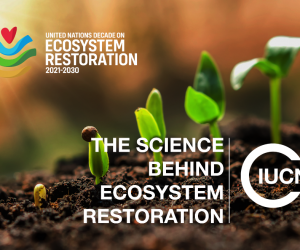
28.05.21
World Environment Day and the launch of the Decade of Ecosystem Restoration
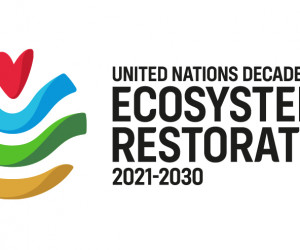
28.05.21
IIS in the UN Decade on Ecosystem Restoration

Conservation Letters: Setting robust biodiversity goals
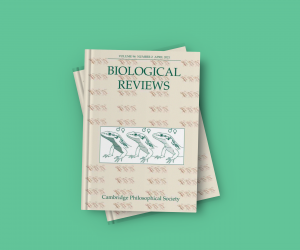
Biological Reviews: The role of land-use history in driving successional pathways and its implications for the restoration of tropical forests
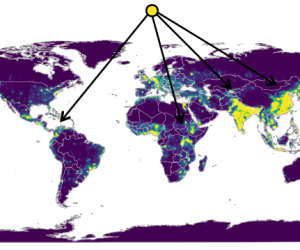
24.03.21
Rising deforestation puts amazon at risk of becoming virus hotspot
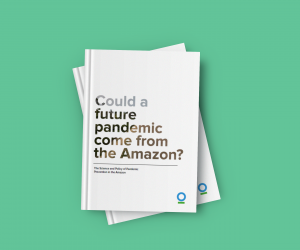
Could a future pandemic come from the Amazon?
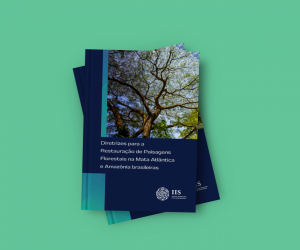
Guidelines for Forest Landscapes Restoration in the Brazilian Atlantic Forest and Amazon
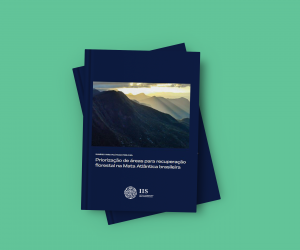
Summary for public policies: prioritizing areas for forest recovery in the Brazilian Atlantic Forest
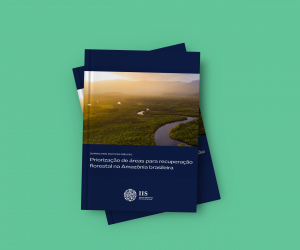
Summary for public policies: prioritizing areas for forest recovery in the Brazilian Amazon
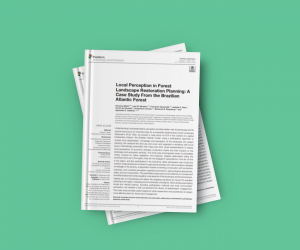
Frontiers in Ecology and Evolution: Local Perception in Forest Landscape Restoration Planning: A Case Study From the Brazilian Atlantic Forest
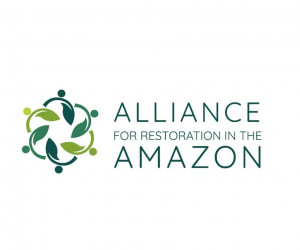
01.03.21
IIS is member of the Alliance for the Restoration of the Amazon

26.02.21
Which landscapes should we restore first?
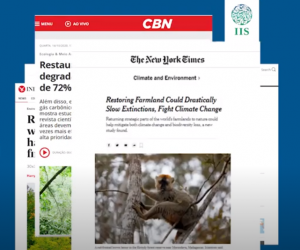
09.02.21
2020 in retrospective

Ecology: Soil dynamics in forest restoration: a data set for temperate and tropical regions
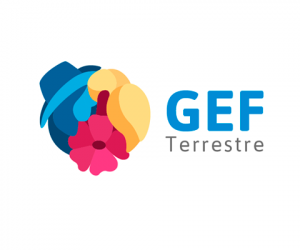
28.01.21
Consultative workshops to identify priority areas for the recovery of native vegetation in the Caatinga, Pampa and Pantanal
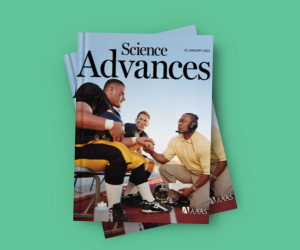
Science Advances: Hidden destruction of older forests threatens Brazil’s Atlantic Forest and challenges restoration programs

Biotropica: Agricultural practices and surrounding forest cover affect secondary forest recovery in agricultural landscapes

14.10.20
Bernardo Strassburg interview about the study “Global priority areas for ecosystem restoration”

14.10.20
Restoring Farmland Could Drastically Slow Extinctions, Fight Climate Change

14.10.20
Rewild to mitigate the climate crisis, urge leading scientists

14.10.20
Look beyond forests for cost-effective nature restoration, governments urged

Nature: Global priority areas for ecosystem restoration
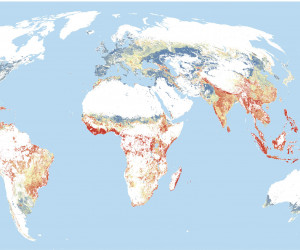
14.10.20
Restoring 30% of the world’s ecosystems in priority areas could stave off more than 70% of projected extinctions and absorb nearly half of the carbon built up in the atmosphere since the Industrial Revolution
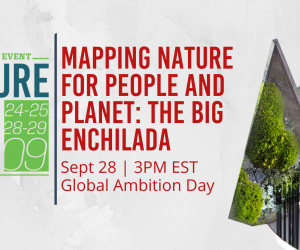
25.09.20
Mapping Nature for People and Planet
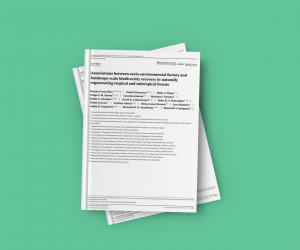
Conservation Letters: Associations between socio-environmental factors and landscape-scale biodiversity recovery in naturally regenerating tropical and subtropical forests
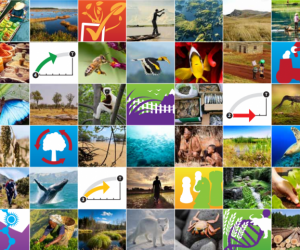
18.09.20
Humanity at a crossroads, says UN Global Biodiversity Outlook 5

Nature: Bending the curve of terrestrial biodiversity needs an integrated strategy
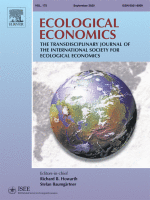
Ecological Economics: Costs and Carbon Benefits of Mangrove Conservation and Restoration: A Global Analysis
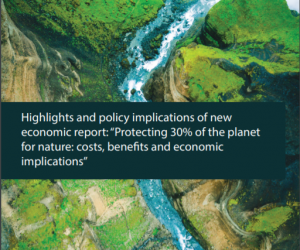
09.07.20
Economic Benefits of Protecting 30% of Planet’s Land and Ocean Outweigh the Costs at Least 5-to-1
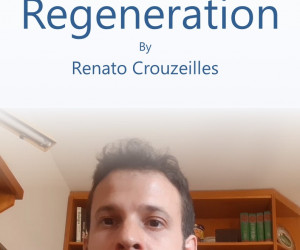
Fostering natural forest regeneration on former agricultural land through economic and policy interventions

Economic analysis of productive chain on the recovery of native vegetation in the region of Rio de Janeiro Central Atlantic Forest Conservation Units

GEF Terrestrial – Conservation, Restoration and Sustainable Management Strategies to Enhance Caatinga, Pampa and Pantanal Biodiversity
Achieving cost-effective landscape-scale forest restoration through targeted natural regeneration
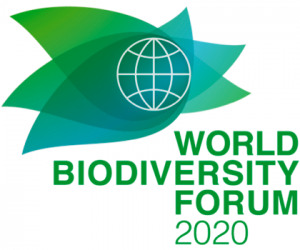
28.02.20
IIS team members attended the World Biodiversity Forum
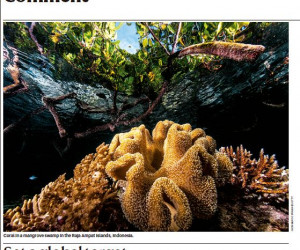
Nature´s publication highlights the importance of global goal for ecosystems
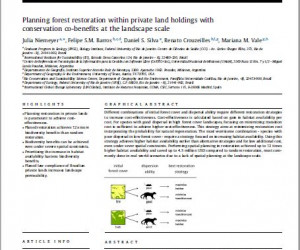
Planning forest restoration within private land holdings with conservation co-benefits at the landscape scale
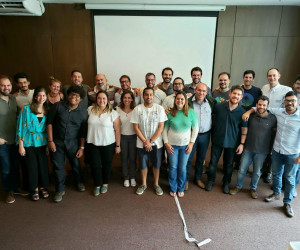
06.12.19
Ten Years of The Atlantic Forest Restoration Pact (PACTO)
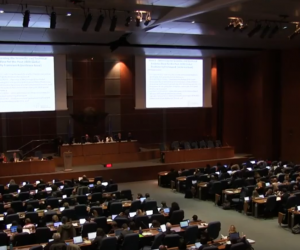
25.11.19
IIS at the UN Biodiversity Convention´s SBSTTA-23
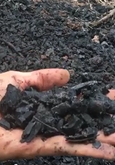
Biochar amendment improves degraded pasturelands in Brazil: environmental and cost-benefit analysis
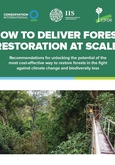
How to deliver forest restoration at scale
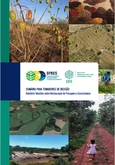
Landscape and Ecosystem Restoration – Summary for Decision Makers
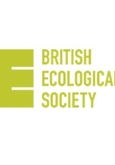
A new approach to map landscape variation in forest restoration success in tropical and temperate forest biomes
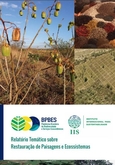
Thematic Report – Landscape and Ecosystem Restoration
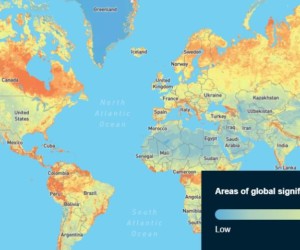
NatureMap: Priority areas for conservation and restoration of natural systems
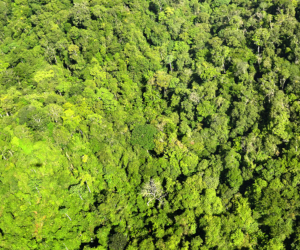
Unlocking the Commercial, Financial and Economic Opportunities of Forest and Landscape Restoration in Brazil
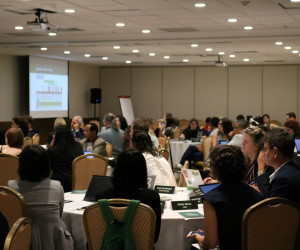
07.11.19
“Living in harmony with Nature” – second day of the Thematic Consultation on Ecosystem Restoration discusses how to achieve the 2050 Vision
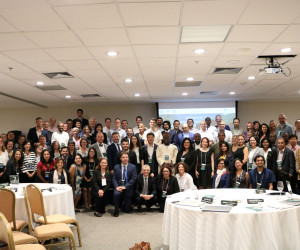
07.11.19
The first day of the Thematic Consultation on Ecosystem Restoration of the Convention on Biological Diversity
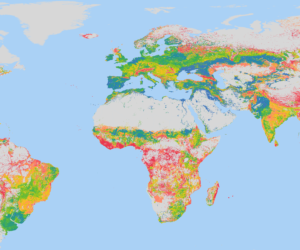
PLANGEA: Strategic Land Use Planning
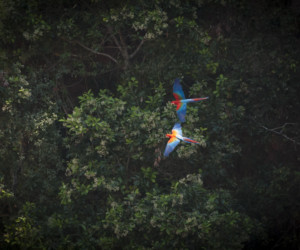
GEF Private Areas – Conserving biodiversity and rural landscapes
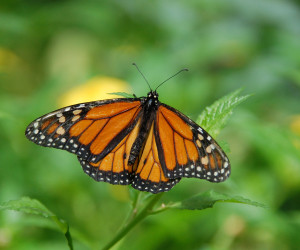
Biodiversity and Ecosystems’ Economy Study (TEEB) – Paraíba do Sul River Basin – Paulista Portion / São Paulo
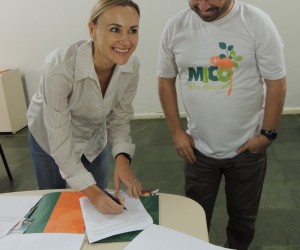
The restoration assessment through sustainability indicators: the case of Rio de Janeiro
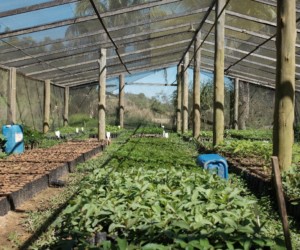
Forest restoration and support to native seedling nurseries network in the Atlantic Rainforest
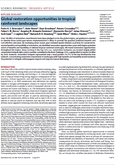
Global restoration opportunities in tropical rainforest landscapes
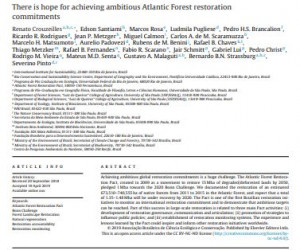
Forests: in defence of the Bonn Challenge
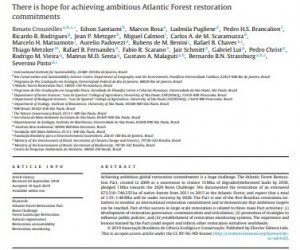
There is hope for achieving ambitious Atlantic Forest restoration commitments
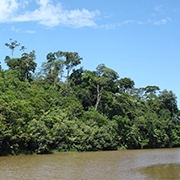
Large-scale ecological restoration of Mata Atlantica
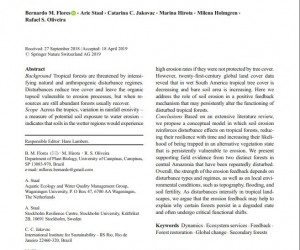
Soil erosion as a resilience drain in disturbed tropical forests
Strategic approaches to restoring ecosystems can triple conservation gains and halve costs

Sustainable Rural Development in Paraitinga River Basin, São Paulo State

Ecosystem services availability after changes in the land use and vegetation coverage: the case of Paraíba do Sul river valley
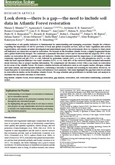
Look down — there is a gap — the need to include soil data in Atlantic Forest restoration
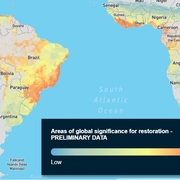
05.10.19
IIS joins Nature Map
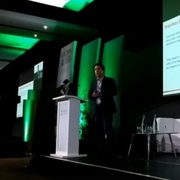
30.09.19
IIS Introduce Restoration Project in South Africa´s Conference
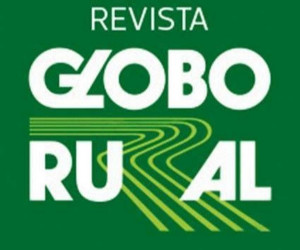
27.09.19
Program helps on the planning of actions for forest recovery
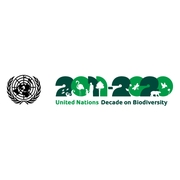
06.09.19
IIS will host United Nations CBD´s Thematic Workshop on Ecosystem Restoration
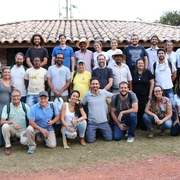
30.08.19
Meeting with institutions and local leaders of Pouso Alto´s APA – GEF Private Areas
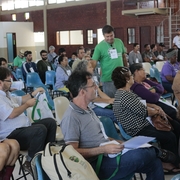
28.08.19
First Landowners Meeting of the São João River Basin Protected Area – GEF Private Areas Project

25.08.19
Biochar can be used to recover degraded soils, according to study

04.07.19
Brazil is the country with the greatest potential for regeneration of tropical forests

26.06.19
The goal of restoration of the Atlantic Forest should be
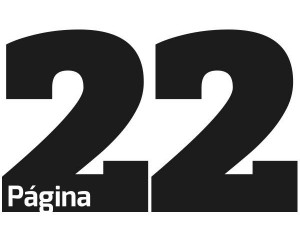
26.06.19
Large scale restoration already occurs in the Atlantic Forest, shows unpublished study

23.06.19
The Atlantic Forest recovers

20.06.19
Reforestation: 740 thousand hectares of Atlantic Forest are recovered from 2011 to 2015

04.05.19
Planejamento pode conciliar recuperação florestal e expansão agrícola

04.05.19
Planejamento pode conciliar recuperação florestal e expansão agrícola
25.03.19
Algorithm helps in the restoration of the Atlantic Forest
08.01.19
Atlantic Forest: where it is worth to restore
30.12.18
Research help Atlantic Forest
Impacts from Forest and Landscape Restoration in the Brazilian Atlantic Forest and Amazon
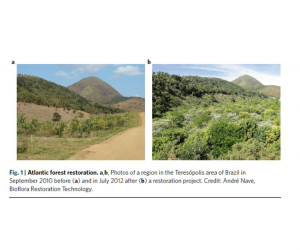
20.12.18
Restoration where it pays off
19.12.18
Algorithm indicates the best places to restore the Atlantic Forest
19.12.18
Restoration with agriculture – New methodology indicates that reconciling recovery of the Atlantic Forest with interest of the farmer can reduce costs and increase benefits
18.12.18
Optimizing restoration can deliver an eightfold increase in cost-effectiveness
18.12.18
Brazil could save more species at half the cost with new forest restoration plan
17.12.18
Brazlian researcher presents novel approach to identify optimal priority areas for restoration in Atlantic Forest hotspot
17.12.18
Restoration where it pays off
12.12.18
Brazil conservation plan could save three times the species for half the money
09.11.17
Folha de São Paulo has disseminate the study coordinated by Renato Crouzeiles (IIS) recently published in Science Advances which affirms that nature restore forests better than man direct action
30.04.17
Bernardo Strassburg talks to TV PUC-Rio about the progress of Cerrado deforestation, its consequences and the possibilities to avoid the collapse of the biome.
20.04.17
Bernardo Strassburg speaks with the Center for International Forestry Research (CIFOR) on the sidelines of the 13th Conference of Parties to the Convention on Biological Diversity (CBD COP13).
24.03.17
The G1 website has disseminated the study elaborated by CSRio, IIS and partners, which shows that in 30 years the Brazilian cerrado may have higher plant extinction in the world history
24.03.17
Bernardo Strassburg talks about the progress of deforestation in Cerrado in an article from Observatório Eco – Direito Ambiental.
11.11.16
Discussion forum with Bernardo Strassburg and Agnieszka Latawiec, from IIS, at the Global Landscape Forum held in Paris – 2015 (from the 36th minute)
15.04.16
Centre for Conservation and Sustainability Science is inaugurated
15.11.15
Director of the International Institute for Sustainability (IIS) comments on reforestation challenges
04.05.15

